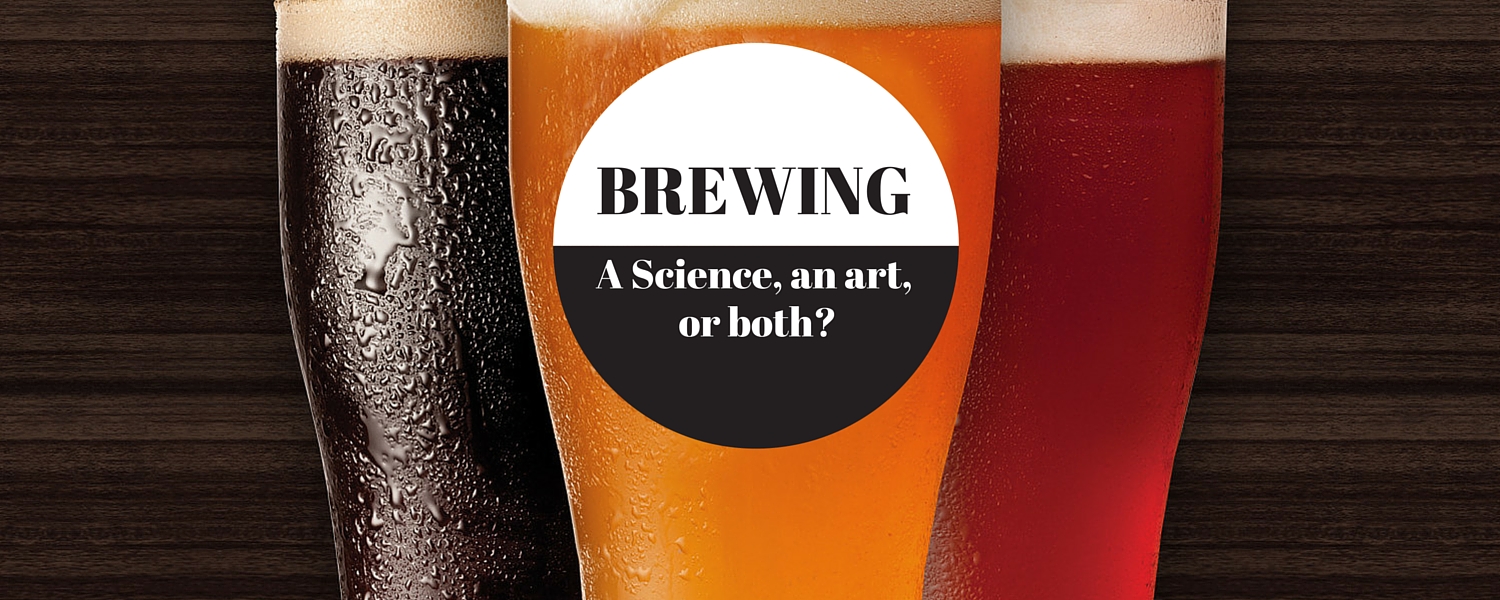

Chances are you might not know what makes the craft beer in your hand great. You might enjoy it at a bar with friends or consume it with dinner never stopping to consider the fermented yeast at its core or the artistic risk involved in tweaking old standards to produce something novel.
To you it might be just a beer. To the men and women who painstakingly perfected its flavor and consistency, the beer in your hand is the result of scientific expertise combined with artistic ingenuity, as well as lessons learned from successes and failures and an unyielding passion for one’s craft.
The annual Alltech Craft Brews and Food Fair in Dublin’s Convention Centre marks this intersection of science and art with hundreds of the finest craft ales, ciders, spirits and lagers. The three-day event stands as Ireland’s largest craft beer and cider festival and highlights the growing craft phenomenon sweeping across Europe, while promoting greater education and camaraderie among brewers. A panel of international judges, led by master brewer Gearoid Cahill, awards the prestigious Dublin Craft Beer Cup to the best overall craft beer submission.
All successful brewers owe a large portion of their achievements to yeast - aka “the best organism in the world,” according to Dr. Inge Russell, a professor and researcher who serves as editor-in-chief of the Journal of the Institute of Brewing. The best brewers must have an extensive knowledge base in how yeast works and how to handle the yeast properly so that they can experiment with brewing techniques.
Those who don’t have a solid foundation in yeast fermentation can end up with poor quality, unsellable beer, and therefore lost time and money. The same goes for those who are not diligent about cleaning and sterilizing their tanks—the No. 1 pitfall experts cited for aspiring brewers. Meeting hygiene standards allows brewers to meet and repeat the batch-to-batch standards customers require, said Jaime Jurado, director of brewing operations for The Abita Brewing Company in Louisiana.
At present, the craft brewing industry has a need for more training, Mark Phipps, technical director for operations at the Alltech Lexington Brewing and Distilling Company, noted. This has resulted in partnerships between universities and breweries.
The Dublin festival’s past offerings of technical courses have been part of a quest to further this collective learning base. This starts with Alltech founder and president Dr. Pearse Lyons who’s had “a love affair with yeast since day one,” Russell said. While Alltech is known globally for its yeast technology within animal health and nutrition, its approach to beer is the same—natural products that avoid additives and preservatives.
Craft brewing’s initial American explosion in the 1990s ignited behind India Pale Ales (IPAs) that required less education, equipment or controls to make, Phipps said. Today’s homebrewers are more adept at mixing raw materials like barley malt with whole hops or home brew kits. The results of this experimentation are more innovative beers born of different yeasts and increased expertise, similar to chefs who add dashes of spices, flavors, and aromas to unlock new taste sensations.
Basic math is also integral to creating new flavors, Jurado said. One must select the desired alcohol content, bitterness, hops and grain types, among other considerations. Then, if you’re like Abita, you repeat the process with research brews until you achieve the desired outcome.
“Beer is like a big palette you’re trying to paint,” Jurado said. “Every time you’re making one of these batches you’re filling in a little information and you’re learning.”
The American desire for new flavors has crossed over into Europe, according to Graham Stewart, the emeritus professor of brewing and distilling at Heriot-Watt University in Scotland. More people are brewing their own beer as pubs close in England and the continental emphasis on professional brewmaster training slowly recedes.
Europe has three more craft breweries than North America, according to the 2015 Alltech Global Craft Brewery Survey, although, by country, the U.S., with more than 4,000 breweries, is thousands ahead of second-place U.K.
“The craft brewing industry is thriving at the moment because people had become bored with mainstream beers and the lack of choice,” Stewart said. In addition the decreasing price of oil on both sides of the Atlantic has also proven a “saving grace” for the energy intensive process of brewing, he added.
Unlike some of his peers, Stewart is slow to call brewing an art, noting its artfulness does not rise above other crafts. By contrast, Russell believes the great brewers possess something that goes beyond science and is more akin to the virtuosity of a master violinist.
Russell spotlighted Anders Coisbo, whose Denmark-based Coisbo Beer claimed the Dublin Craft Beer Cup two years in a row, as an example of that hard to explain “natural, exceptional and innate brewing genius.” “He has that something extra most of us don’t,” she said of the former policeman’s talent for making phenomenal beer.
Camaraderie and education, however, ultimately trump competition at the festival. Russell described brewers as “a different breed” for their willingness to share information about their craft and to freely help each other overcome problems, so that everyone becomes better at producing superior products.